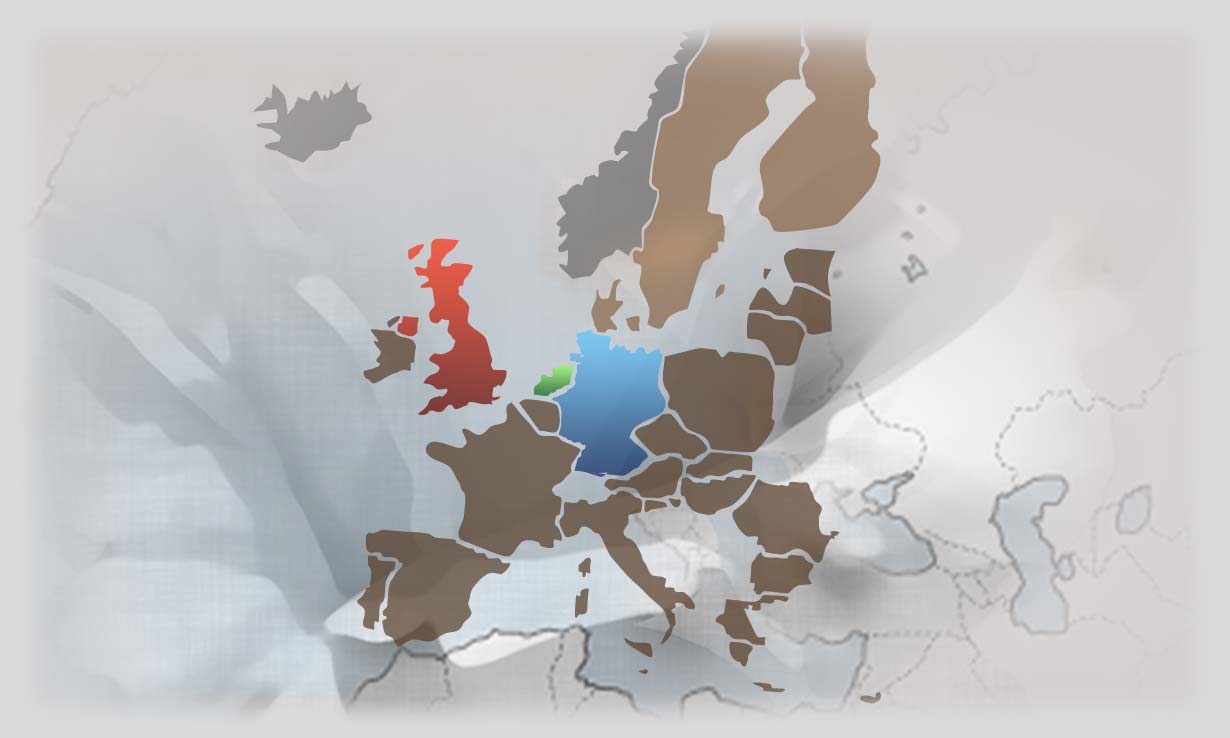Commodity Trading
SEA-Corp. opens up new market channels between Scandinavia and East Africa via commodity trading. By export and import of Scandinavian and East African products and services SEA-Corp. acts as a bridge for commodity trading between the different markets. We have a strong active presence on both continents as well as solid knowledge of commodity trading and the market demands.
With strong corporate networks across East Africa, SEA-Corp. enables you to cross continents with ease. SEA-Corp. together with our affiliate companies have vast interests in tourism, banking, manufacturing, horticulture, coffee and tea. These are currently key trading areas for SEA-Corp.
SEA-Corp. is also the home of the Mfalme brand.
